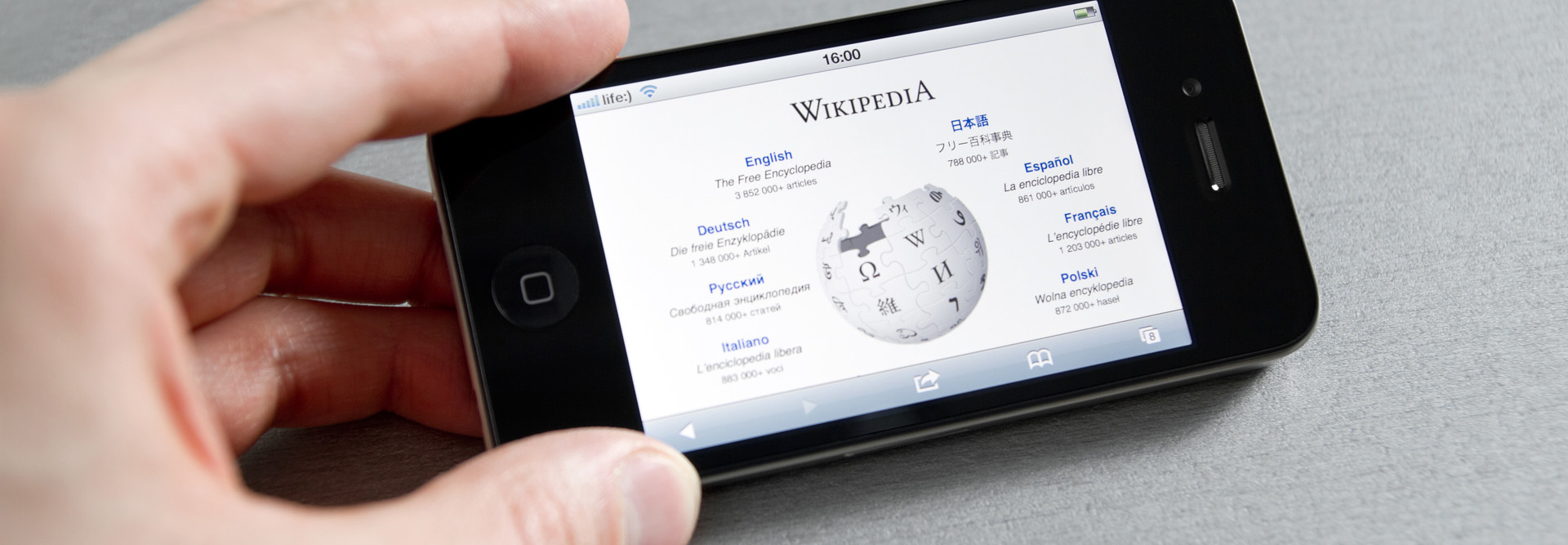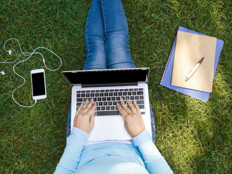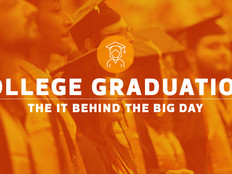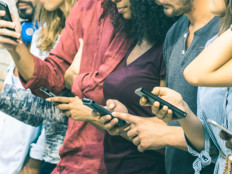Is Wikipedia a Reliable Source? Scientists Think So
It might seem like common sense to exclude Wikipedia from the list of great science resources, but researchers at the Massachusetts Institute of Technology would like you to reconsider that notion.
A team of researchers from MIT and the University of Pittsburgh asked chemistry graduate students to flex their writing skills and create new Wikipedia articles on scientific topics that were missing from the site, eCampus News reports.
The new scientific Wikipedia articles received thousands of views per month, including many from researchers writing scientific literature. eCampus News reports that the researchers found Wikipedia to be influencing one word in every 300 in typical scientific articles.
“Our research shows that scientists are using Wikipedia and it is influencing how they write about the science that they are doing,” Neil Thompson, an assistant professor of innovation and strategy at MIT’s Sloan School of Management, tells eCampus News.
So, if Wikipedia is good enough for scientists, it should be good enough for students, right? This is where digital literacy best practices come in.
With Digital Literacy, Wikipedia Works as a Resource
With the latest McGraw-Hill Education Digital Study Trends Survey finding students more frequently turning to online research over print materials to assist with coursework, Wikipedia and its millions of articles seem like an apt resource for students.
Yet, because anyone can write a Wikipedia entry, it’s often highly stigmatized in academic communities. This latest study, however, shows that if consumed carefully, Wikipedia can be a legitimate resource.
“The first step is admitting that everyone, from students to doctors, uses Wikipedia,” writes Jake Orlowitz, the head of The Wikipedia Library at the Wikimedia Foundation, in a blog. “We need to change the conversation from one of abstinence to intelligent information consumption.”
This kind of “intelligent information consumption” has been top of mind for those in higher education as the push for digital and media literacy lessons has been abundant in today’s climate of “fake” and biased news.
For example, at the University of California, Los Angeles, Jeff Share teaches his education students to triangulate any research they come across online by finding multiple sources of the same information, reports The Washington Post.
American University librarians tell The Post that they even hosted a few panels on media literacy and are in the process of developing an online tool for teaching these literacy skills.
Laura Pasquini, a lecturer at the University of North Texas and an EdTech must-read IT blogger, writes that she teaches her students to execute critical thinking no matter where they are doing their online research.
“Scholarly inquiry requires analyzing information for credibility and understanding if an online resource is primary, secondary or irrelevant,” Pasquini writes.
Armed with these skills, students, like scientists, can mine Wikipedia for accurate and credible information without falling for fake news.









